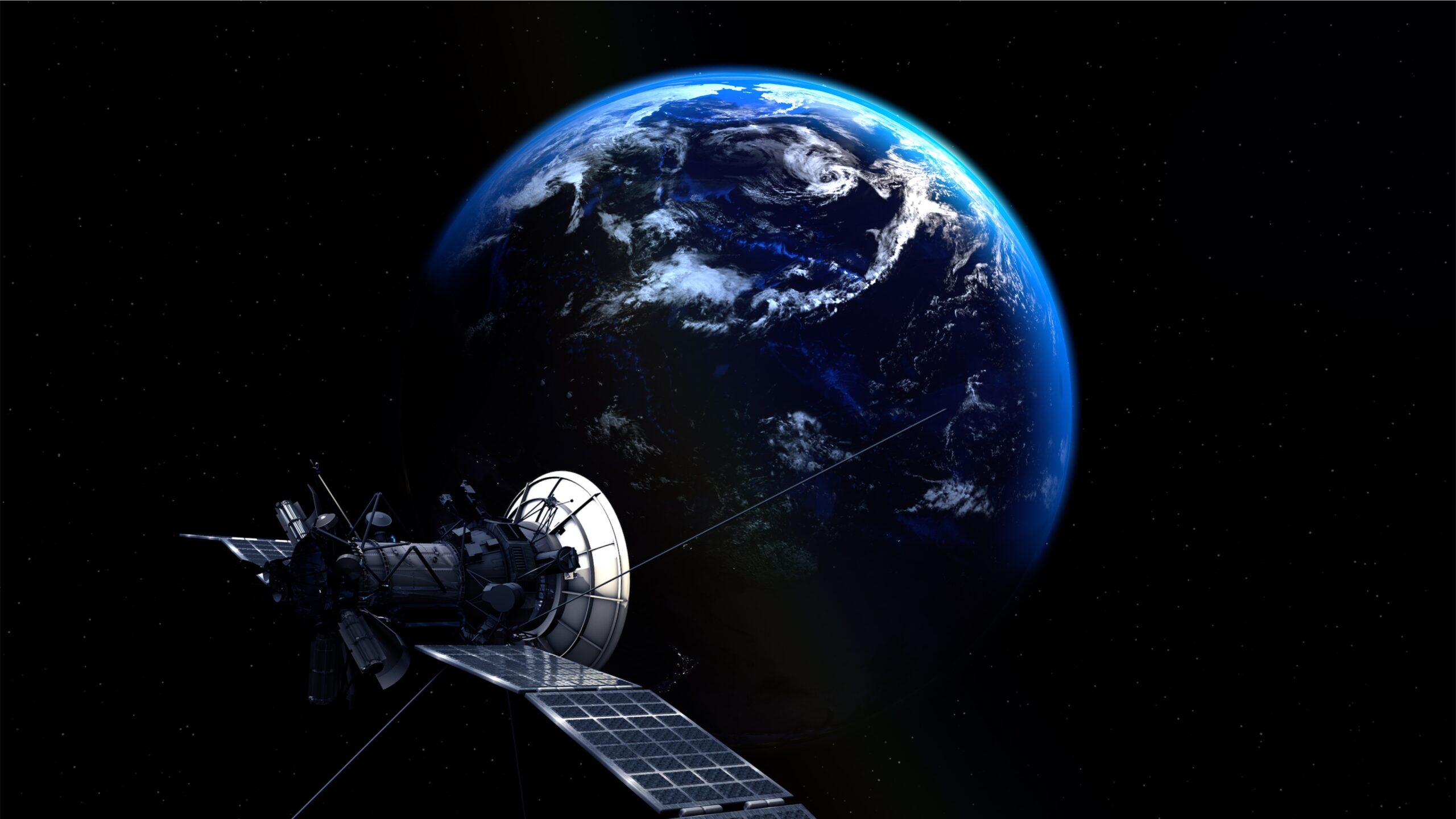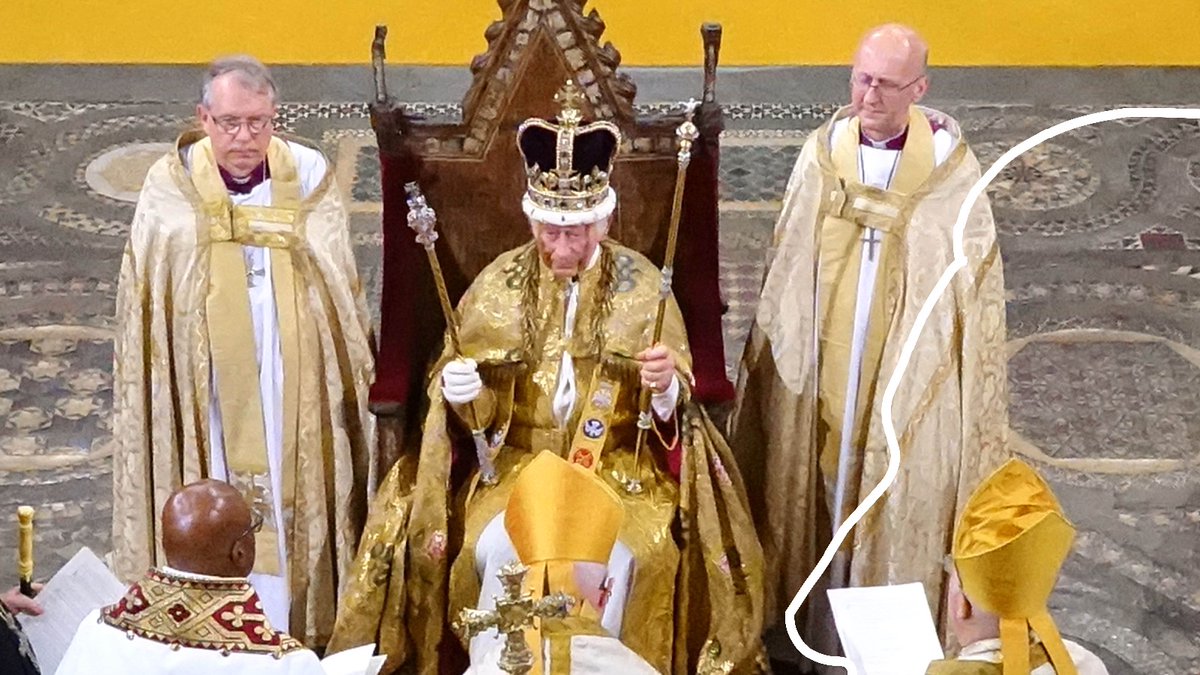Government agency commits £2m funding to support research initiatives examining how new refuelling technologies and methods for satellites could help enable ongoing work to remove debris from the space environment
The UK Space Agency is allocating funds to studies researching potential refuelling systems for the national space debris removal mission.
Planning to launch the mission in 2026, the agency hopes it will extend satellite life expectancy and prevent the space environment from deteriorating further. Feasibility studies looking to discover how to refuel a commercial satellite will be able to access a share of a £2m fund.
With over 130 million objects of space debris becoming an “increasing threat to the satellite economy”, the mission has become “vital” for the long-term sustainability of the industry, said UK science minister George Freeman.
“Millions of pieces of space debris and 3,000 redundant satellites pose an increasing threat to the satellite economy we now rely on daily – from telecoms to navigation, air traffic control and climate science,” he said. ““UK businesses like Astroscale and ClearSpace developing in-flight refuelling, maintenance and other satellite servicing are key to reducing space debris, boosting space resilience and ensuring a vibrant space service economy.”
Related content
- UK Space Agency opens up satellite data to boost businesses
- Government closes OneWeb buyout
- How the UK Space Agency is improving public services from the exosphere
Launched in 2018, ClearSpace was selected by the European Space Agency to lead a mission to remove in-orbit debris.
In 2021 UKSA – which operates as an executive agency of the Department for Science, Innovation and Technology – also chose the firm to develop a feasibility study to remove and refurbish two objects from low earth orbit. The study is now in its review stage, after completing its design phase last month.
The new funding programme adds to the UKSA’s range of initiatives working towards the long-term sustainability of the space environment, which include projects on space surveillance and tracking. The announcement also comes ahead of the two-day UK Space Conference in Belfast later this month. The event will bring international space stakeholders together to discuss ideas and partnerships to empower the space sector.

This story originally appeared on PublicTechnology sister publication Holyrood





